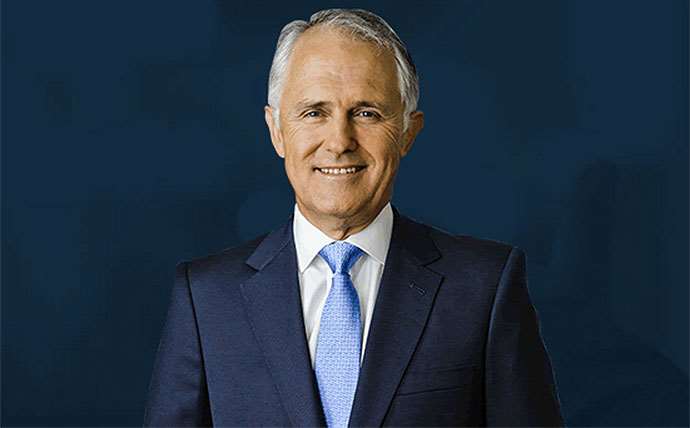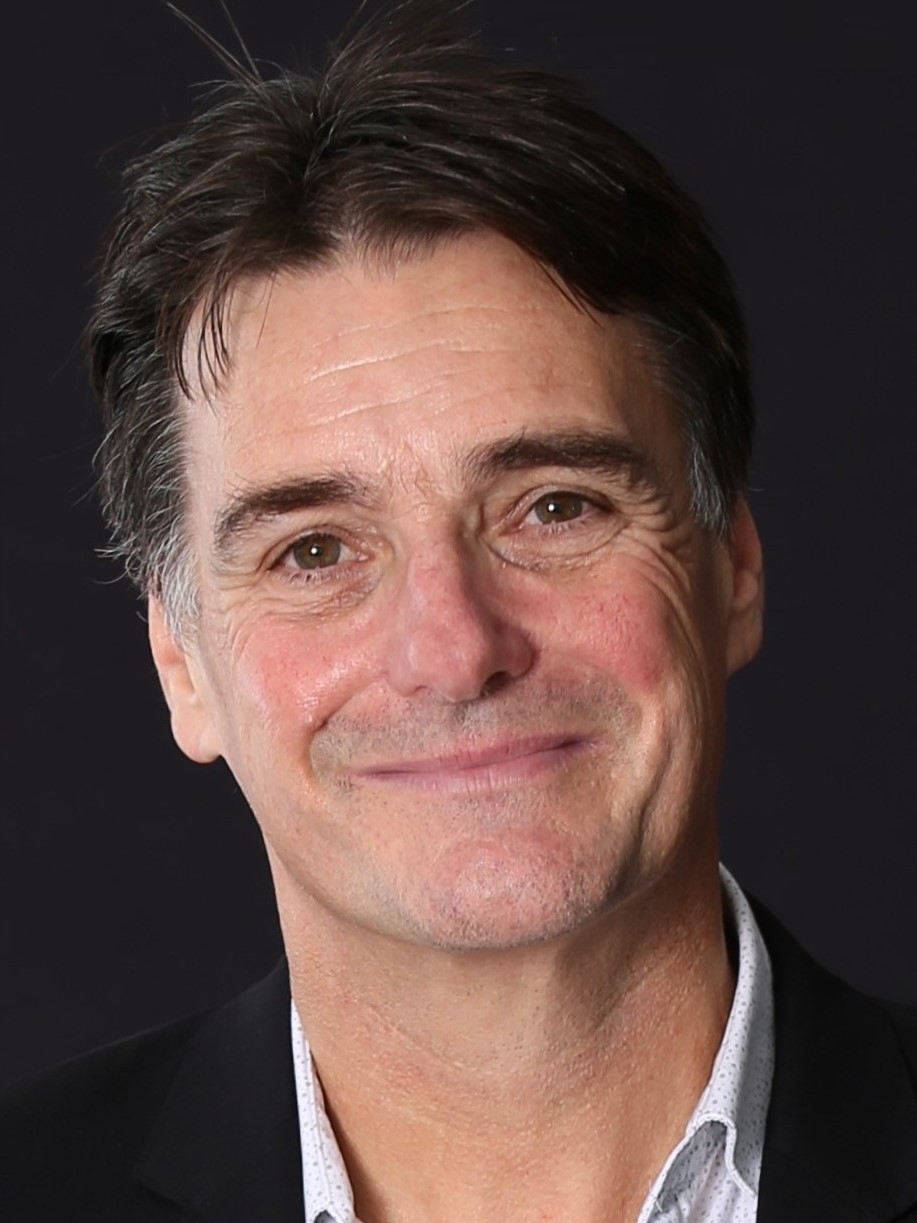Former Prime Minister, Malcolm Turnbull, declared he's proud of the NBN and claimed his National Innovation and Science Agenda had put Australia on the map, in a feisty defence of his legacy last week.
“I am really proud of the achievement of the NBN in very difficult circumstances,” Turnbull told Sydney's StartCon conference last Friday.
"Given the state of the challenge, given how well they've done compared to many other countries, they have a lot to be proud of.”
Turnbull suggested most of the NBN’s problems were down to poor public relations.
"They've done a terrific job on the engineering point of view and building the network but they have been hopeless at PR. I've said this to Bill Morrow (former NBN CEO) many times: 'Bill, if you were one-tenth as good at PR as anything else, you'd have a much better image.'
"The fact of the matter is, that you've now got to a situation where there's over ten million premises that can get access to the NBN. That is a hell of an achievement. They are literally activating thirty, forty thousand customers a week. That's an enormous achievement.”
Turnbull was dismissive of Australia’s falling world rankings in internet connectivity.
"Those statistics are absolute BS,” the former PM said. “There is no country, comparable developed country, that has as ubiquitous availability of high speed broadband as Australia.
"What about the United States? There are places in the United States where there's gigabit speed broadband but there are plenty of places in the US where you're flat out getting dial up.
"Ubiquitous broadband is a really good idea, but the way Labor went about it was certifiably insane. The New Zealanders did a much better job.
"I inherited a mess, I had to make the best of it and, you know what? The project is nearly complete.”
Turnbull also defended his landmark National Science and Innovation Agenda, claiming it had made Australia a global ‘centre of innovation’.
"Five years ago there was about $155m raised for venture capital in Australia, in the last two years it's over ten times that amount.
"We all know that Australia is now seen as a centre for innovation, we are seeing so many unicorns developing.
"Even more important than the particular measures was the fact we started talking at a government level about the importance of innovation.
“There were plenty of people who encouraged me not to say that, there are plenty of people in the political environment who believe the way to win is to trade off or prey on peoples' fear of change.
"They said, 'if you talk about innovation, people will think that means there's going to be change and that someone with a computer is going to take their job'. That is a political reality.
"But believe me, denying change, denying the importance of innovation, is like denying climate change. It's denying reality. The world is changing."
Turnbull emphasised the importance of Australia adapting to that change, saying, "We have to recongise labour intensive industries are ones where we do not have a comparative advantage in because we're a high wage economy.
"Really, knowledge-based industries are right across the board as one we should be leading in, whether it is in bioscience, software, artificial intelligence. We are only limited by our imagination. “
When asked if we're on the right path, Turnbull wavered: "I'd say in terms of manufacturing, I think you'll find manufacturing has increased in recent years. Clearly there were a lot of industries that have closed because they were simply uncompetitive. The auto sector is the classic case.
"Anything that needs both scale and is labour intensive, we're going to be at a disadvantage. But you'll find there are example of great Australian businesses in the advanced manufacturing area."
The former PM was cautious about criticising his successor, Scott Morrison, whose government has discontinued many of the NISA’s flagship initiatives including the CSIRO’s ON Accelerator.
"It's not his comfort zone, to be sure, in the sense he doesn't have the background or enthusiasm for it that I did, or do,” Turnbull said.
“Scott was the Treasurer when we agreed on the National Science and Innovation Agenda."










